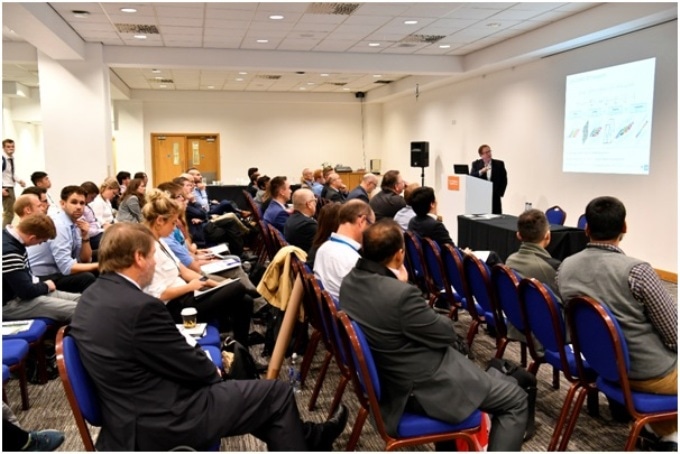Oct 1 2019
ANNOUNCING the upcoming 2019 High Power Diode Lasers & Systems Conference taking place on both Wednesday 9 and Thursday 10 October in Theatre 6, Media Centre, Ricoh Arena, Coventry at Photonex 2019.

The importance of this two-day conference cannot be stressed enough. Celebrating its 10th anniversary, it has become highly regarded for its reputation in showcasing the most significant recent advances in both the technology and the applications of high-power diode lasers, and for the stimulating cross-disciplinary technical exchanges. In particular this year, lasers for LiDAR applications will be discussed in one of the sessions and speakers will explore how lasers are used in LiDAR for remote sensing technologies, using the pulse from a laser to collect measurements which can then be used to create 3D models and maps to be used in industry.
First speaker is Dr Stephane Victori, Director of the scientific team of Cimel Electronique, France explaining “The requirements on pulsed laser diodes for use in atmospheric LiDAR”.
Next up will be Dr Hans Wenzel from the Ferdinand-Braun Institute of Germany talking on “High Pulse Power Wavelength Stabilized 905nm Laser Bars for Automotive LiDAR”
Dr Jukka Viheriala, Senior Scientist at Tampere University of Technology, Finland then leads us into the exhibition and refreshment break with his talk on “High-power 1.5um laser diodes for LIDAR applications”.
The second day kicks off with the Keynote address from: Prof Stephen Sweeney of the University of Surrey who will be sharing his knowledge of “The impact of carrier recombination and loss processes on high efficiency and high-power lasers”.
A different sort of presentation, on Wednesday by Dr Henry Bookey, senior researcher at the Fraunhofer Centre for Applied Photonics in Glasgow, is a Masterclass on Industrial LiDAR. In this session he will look at two very different industrial applications of bespoke lidar systems which are removed from the automotive applications that have driven the rapid development of compact hard target lidar in recent years. He will cover the applications for single photon lidar in offshore environments and the opportunities for enhanced AUV functions using the latest breakthroughs in photonics research.
Whilst this meeting is free to attend we ask attendees to register in advance on the Enlighten Conference website
The full Programmes are available on the website.